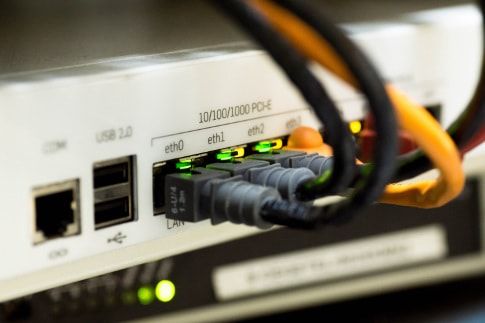Bitcoin is not a community, it is a network.

I've recently been running into a lot of old Bitcoin friends lately, especially after one of those friends unexpectedly and abruptly passed.
The amount of old faces has made me a bit reflective about thinking where the community surrounding Bitcoin started, and where it has ended up.
But first, what even is a community?
One dictionary definition of community is "a feeling of fellowship with others, as a result of sharing common attitudes, interests, and goals."
In the early days, that is definitely what brought Bitcoiners together. As a big group of dreamers, academics, and internet trolls we all believed in one thing: Bitcoin was going to be used, for something.
We supported each other, applauded each other's success, and helped each other tackle the complicated concepts behind cryptocurrency. We created a feeling of fellowship, through the struggles we all faced together.
But Bitcoin has grown. There are thousands of professionals all around the world working fulltime on Bitcoin, Ethereum, and countless other Blockchain-based projects. No one in the space can claim to know everyone else anymore.
There is no longer a fellowship surrounding Bitcoin. Even putting aside current differences in opinions, there are too many participants to create a feeling of exclusivity, or of community and comradery.
Bitcoin evolved a long time ago from a community of crazy libertarian dreamers, into a network connecting hundreds of thousands if not millions of people. I think we're still a network of on the whole friendly and approachable people, but it still makes me miss the early days when Bitcoiners worked more closely together. The feeling of fellowship has gone, but at least it means that Bitcoin has matured and grown.

Member discussion